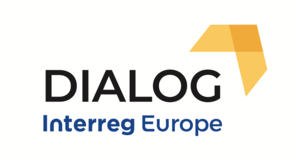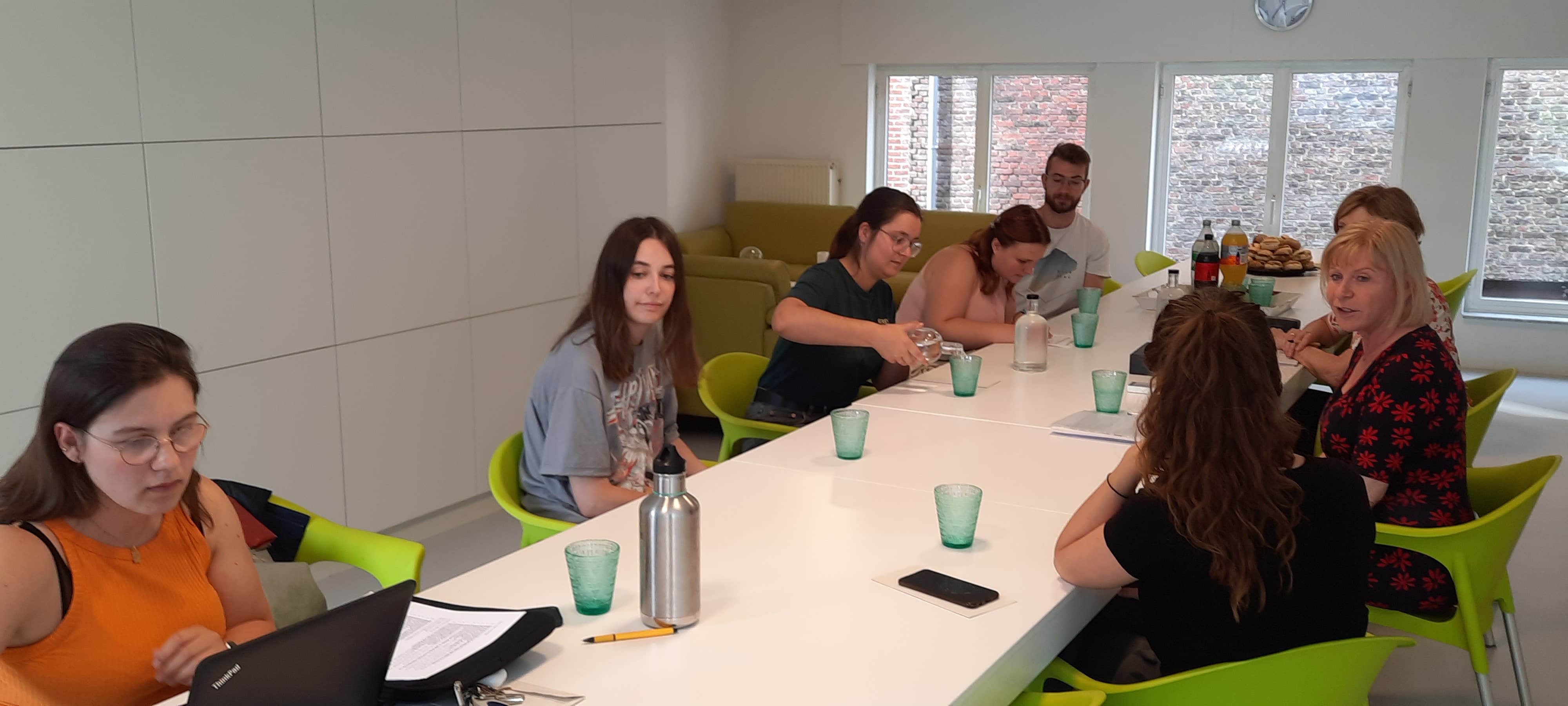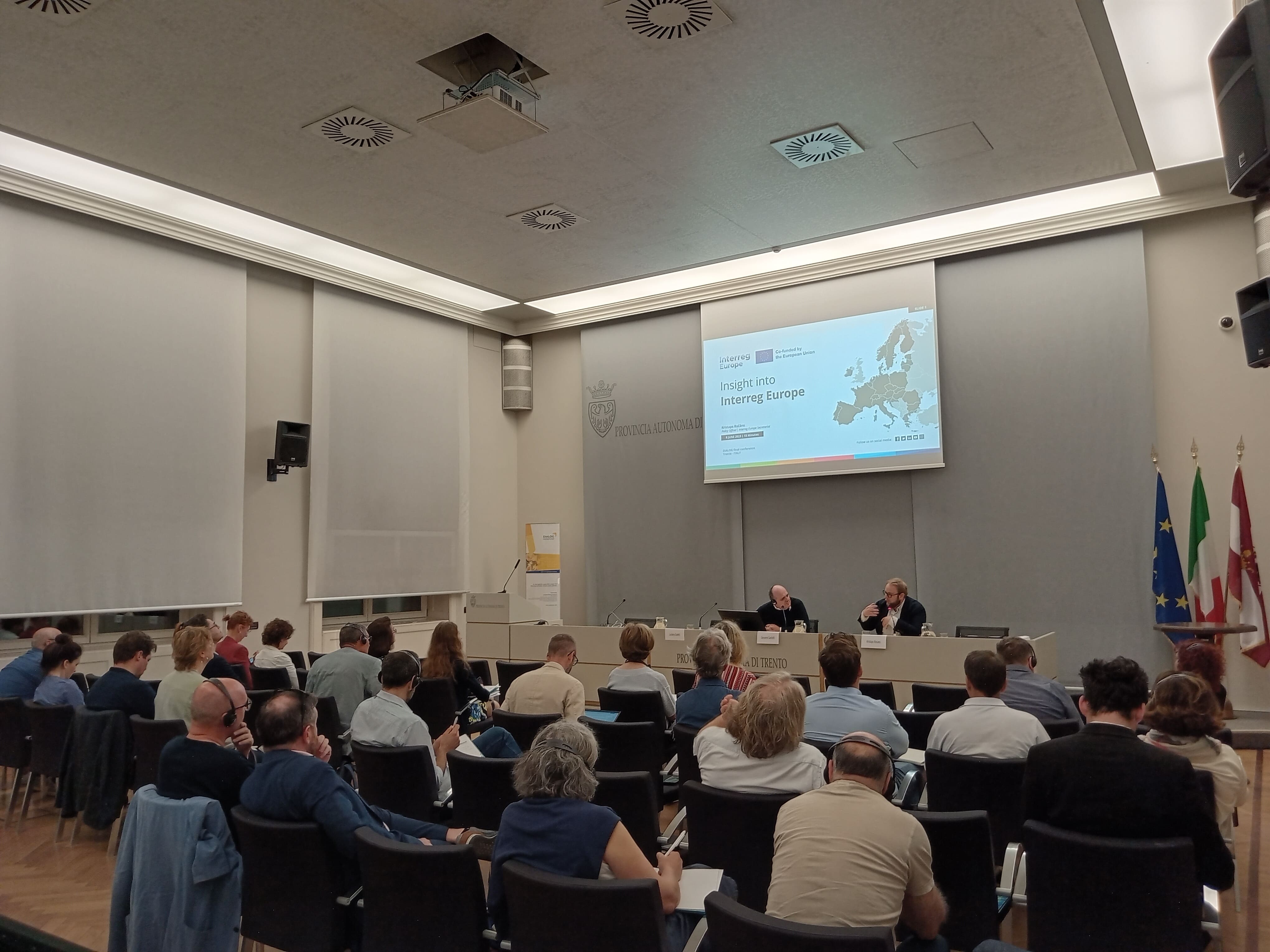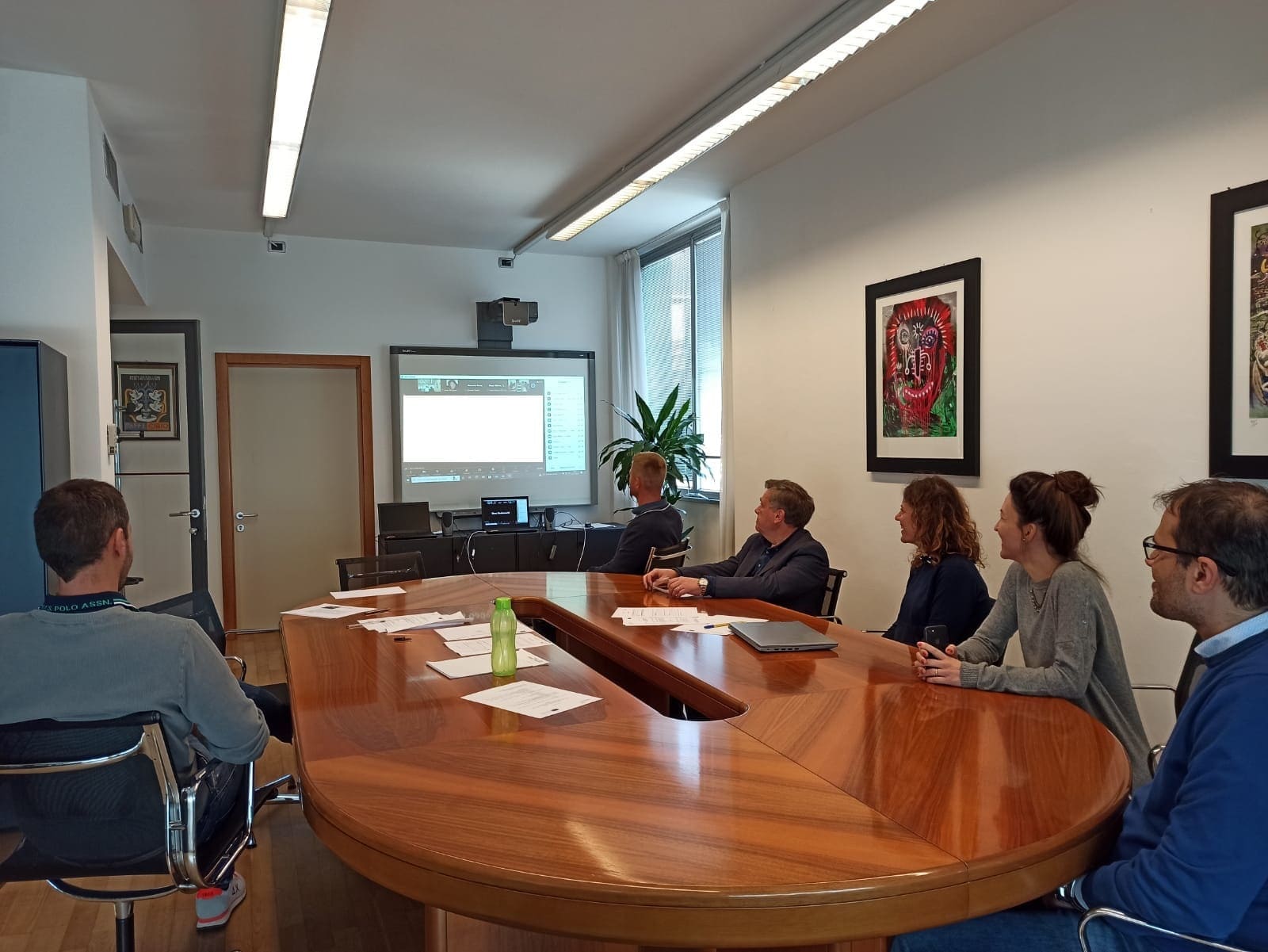The 6th web meeting of the Dialog project took place on the zoom platform on Tuesday 26 January 2021 from 10.00 to 13.00.
This web meeting was organized online by the Junta de Comunidades de Castilla-La Mancha with the participation of 51 people including project partners and stakeholders involved. Moderator of the meeting was the Spanish partner Victor Álvarez Alhambra.
The meeting opened with the institutional foreword of Patricia Franco Jiménez – Ministry of Economy, Business and Employment.
Afterword there was a short welcome and introduction of the meeting case studies done by Nuria Chust Martínez – Vice Ministry of Employment, Social Dialogue and Labour Welfare.
The meeting kept going with the presentation of the 4 case studies identified.
Mr José Damián Oliva García explained “the Pact for the Economic Recovery of Castilla La Mancha 2015-2020” case study. This pact had the purpose to define transversal measures to consolidate the economic growth of the region. The implementation was held for the period 2016-2020 with a public financing assigned of 3,430 million Euros. The social dialog is a central element of this pact that was discussed and signed with involvement of regional government, and the main trade unions and business associations of the region. Civil society was actively involved in the design. About 120 entities, associations and groups as well as 300 professionals and more than 100 civil servants contributed to the work related to the Pact. The innovative aspect of this pact is its transversality. In fact the pact regarded 7 axis:
- Economic and business promotion
- Employment policies
- Professional skills and human resources
- Researcher, development and innovation
- Industrialization and energy model
- Infrastructure and water
- Agriculture and sustainability
In line with these axes the main stakeholders developed different measures to achieve the expected objectives.
The second case study “The Vocational Training Council of Castilla-La Mancha” was presented by Mrs Marta Roldán Martínez and Mrs María Teresa Company González. The V.T. Council constitutes an area for social dialogue concerning Vocational Training. It is a three-sided task which requires collaboration and is shared. The stakeholders involved are the administration - in the educational and labour field, - business organisations and trade union representatives. The Council has promoted three vocational training plans in the following periods 2003-2006, 2007-2011 and 2018-2022. In the framework of the III Vocational Training Plan for Castilla-La Mancha 2018-2022, the Council has approved the creation of four groups of work:
- Guidance
- Dual training
- Equality
- Integrated Centres
Afterword we moved on the third case study “The Ahead Plan” (Plan Adelante) presented by Mr. Victor Cano Fernández.
Plan Adelante is aimed to promote and facilitate the start of entrepreneurial activity, making companies more resilient includes, among other things, promoting their export capacity, the marketing of their products and their access to finance. The main stakeholders involved in this plan were the regional business organizations and the 2 main regional trade union organizations. The initiative was aimed mainly at entrepreneurs and small and medium-size enterprises. The chambers of commerce collaborated in the execution of the initiative. This plan started on 2016 and finished in 2019 has had 5 stages, Analysis and diagnosis, Drafting of the Plan, Implementation of the Plan, Follow-up and assessment and Results obtained. 21,766 companies (mostly small and medium sized enterprises) benefited from the measures adopted within the strategy of the Ahead Plan.
The last case study “Farcama Governing Association” was presented by Mrs. Ana Isabel Fernández Samper and Mr Roberto Perea Sánchez.
This initiative supports the region’s craft sector, to encourage the promotion and marketing of crafts, theirs companies and activities, through the celebration of the Castilla-La Mancha crafts fair. The initiative originated in the crafts sector in 1990. In addition to the regional craftsmen's federation and the regional government, it is supported by the provincial councils, the Chamber of Commerce and the City council of Toledo. The partnership has been consolidated over time and its objectives have been broadened.
This type of public-private partnership is a model of collaboration at regional level in which the bottom up initiative provided an example to be followed by others sectors.
Actually about 180 craftspeople and crafts companies are involved in the promotional activities of the Association.
The meeting finished at 13.00 p.m. with numerous interventions by the stakeholders and a huge interest for the case studies discussed.








